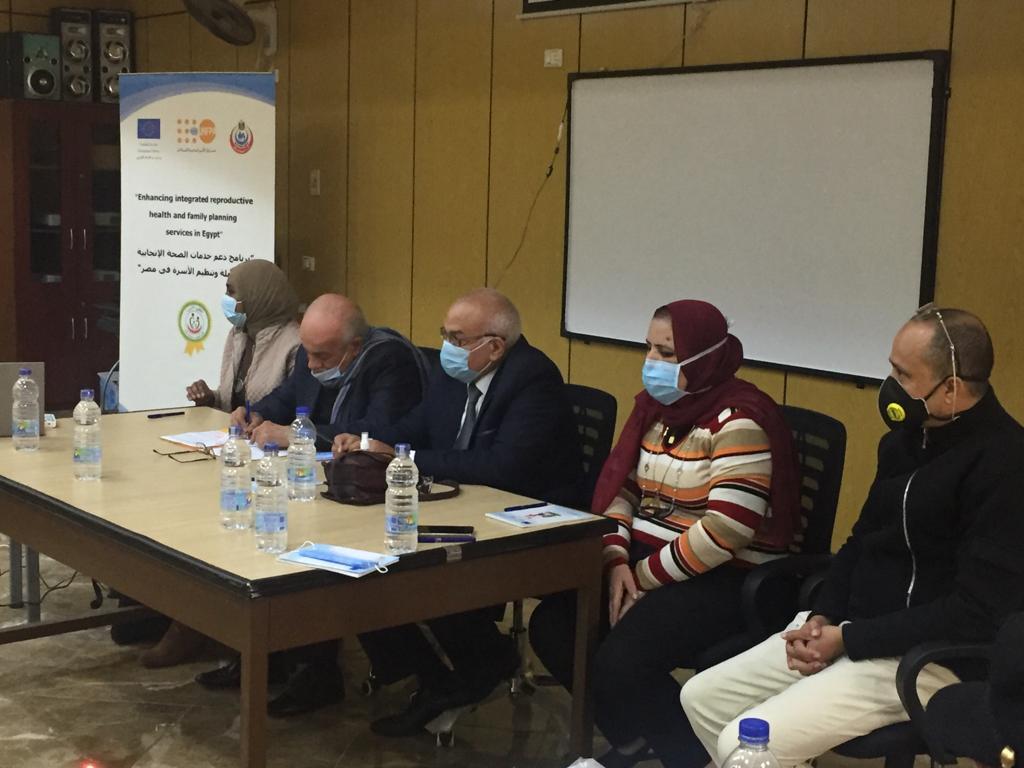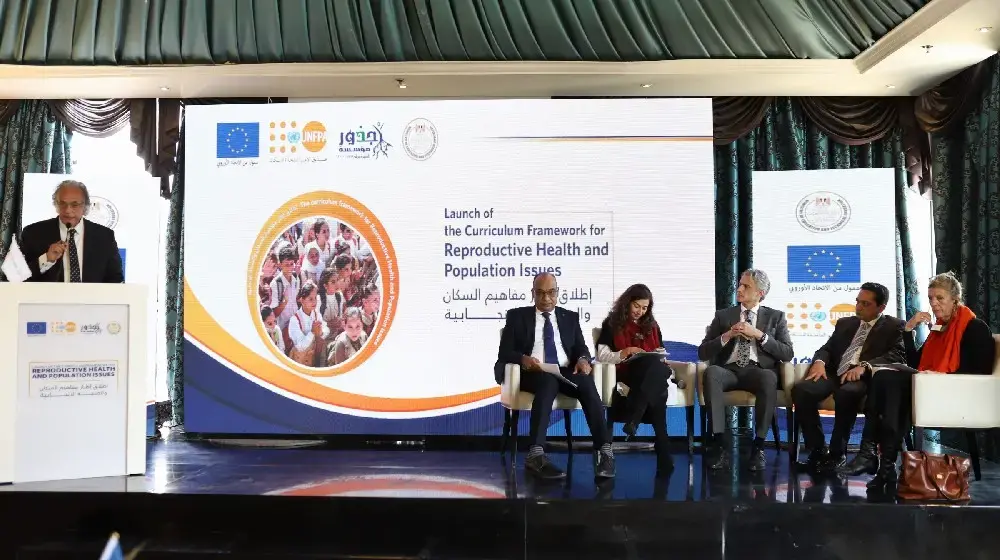UNFPA, in cooperation with the Ministry of Health and Population, conducted a workshop on February 26-28 in Assiut to orient personnel from the Ministry’s population sector at the central and governorate level with the newly developed supply chain assessment tool.
The primary goal of a supply chain assessment tool is to inform and guide country and donor supply chain investments by identifying and prioritizing poor performing areas while monitoring the impact of specific supply chain improvements.
The new National Supply Chain Assessment Tool, NSCA 2.0, is expected to achieve detailed results and develop more concrete recommendations, as it uses a capability maturity model. This model identifies capacity and performance gaps in supply chain components and key performance indicators that measure a set of supply chain indicators for the first time in Egypt. Based on the assessment, basic indicators are developed for future interventions.
The results of the assessment help supply chain stakeholders develop their strategic, operational and investment plans, as well as monitor whether activities are achieving their desired outcomes.
The participants are set to use the tool to assess the contraceptive commodities supply chain.
The main functional areas the tool assesses are supply planning, procurement, pharmacy and stores management, distribution, strategic planning and management, policy and governance, Logistics Management Information Systems (LMIS), human resources, financial sustainability and waste management.
One of the goals of the EU Support to Egypt's National Population Strategy project is that family planning services are scaled up and more accessible. This goal entails strengthening the supply chain management to enhance the quality of care.





